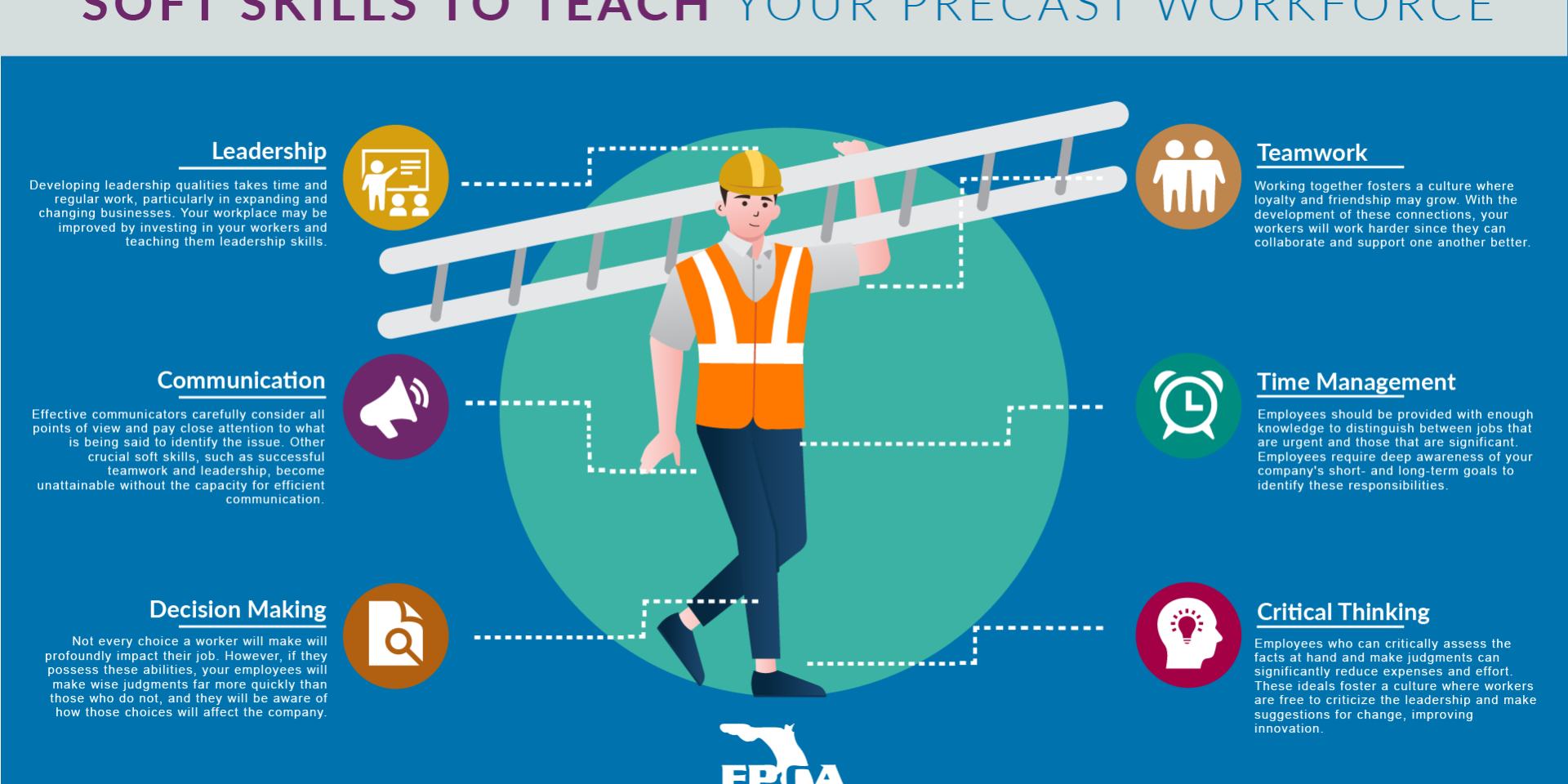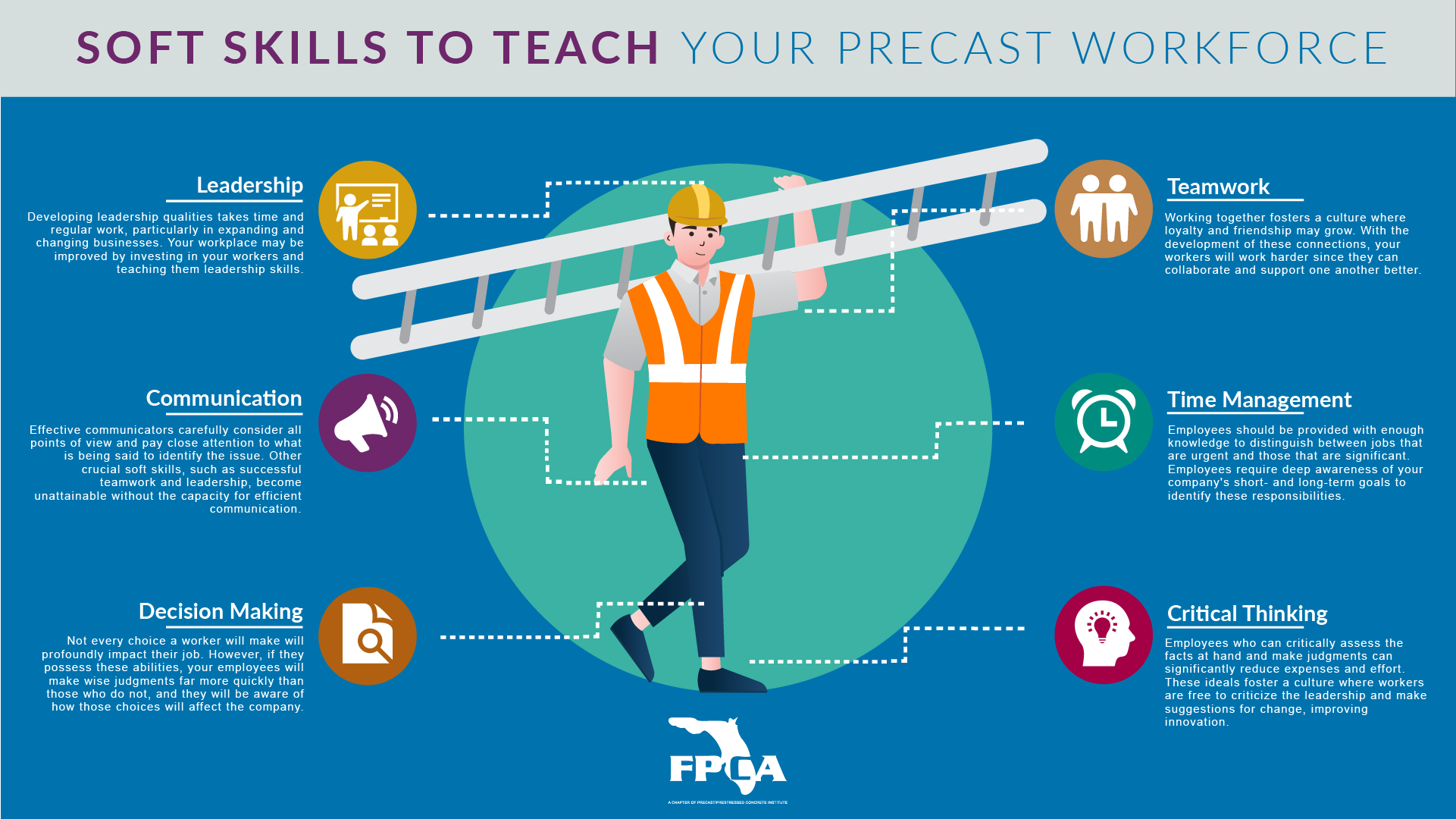Hard skills have long served as the benchmark against which employee success has been assessed. This isn’t the case now, however. When hiring new employees and assessing current employees for promotions or incentives, employers give soft skills as much consideration and value as technical abilities.
Let’s examine what soft skills are, why they are significant, and the top soft talents that every employee should possess in light of how much has changed in the recruiting and recruitment process.
What Are Soft Skills?
Soft skills are the non-technical abilities that employees must acquire to operate in a particular industry or area. They are sometimes called interpersonal or social skills and encompass various abilities, such as time management, empathy, effective listening, and collaboration.
A list of soft talents is frequently included in job descriptions because hiring managers want to find candidates who will make good leaders and employees that fit in with the corporate culture. Although each firm will define soft skills differently, they are valued in many different contexts.
Soft talents may really be the most difficult to master in many respects. Employees and precasters both need to put a lot of effort into receiving top soft skills training. The precaster must be prepared to offer the right kinds of training and a supportive atmosphere for its workers to do so and employees must be enthusiastic to grow themselves.
How do Soft Skills Help Your Precast Workforce?
To put it simply, soft skills are what help your precast business grow quicker and more efficiently. They help your team work together more effectively and maintain a healthy work environment. Without them, it is possible for your workforce to segment and slow down production and productivity.
While it is true that organizations cannot expand without technological abilities, one will note that if employees lack people skills, they may advance more slowly. The good thing is that these abilities are teachable, and soft skill training can lessen the effects of a skill gap.
6 Soft Skills To Teach Your Precast Workforce
Leadership
Although teaching leadership might be challenging, it is not impossible. It takes time and regular work to develop leadership qualities, particularly in expanding and changing businesses. Your workplace may be improved by investing in your workers and teaching them leadership skills. You can even give succession plans for losing staff members to attrition or retirement.
Communication
Poor communicators frequently think that talking takes precedence over listening. However, effective communicators carefully consider all points of view and pay close attention to what is being said to identify the fundamental issue. When they do speak, they suit the audience by changing their tone and delivery.
Additionally, because workers who work in remote/hybrid or asynchronous contexts all communicate online, the rapid expansion of remote employment has made communication skills more important than ever. They must be able to interact effectively and through various platforms (instant messaging applications, emails, and video tools).
Other crucial soft skills, such as successful teamwork, management, and leadership, become unattainable without the capacity for efficient communication.
Decision making
While we could mistakenly believe that only a leader has to be able to make decisions, this is incorrect. The soft skills that all employees should strive to develop are decision-making abilities. Making decisions may seem challenging, but there is something to remember. Not every choice a worker will make will have a profound impact on their job. However, if they possess these abilities, your employees will make wise judgments far more quickly than those who do not, and they will be aware of how those choices will affect the company.
Teamwork
It cannot be emphasized enough how vital teamwork is. It ultimately comes down to fostering positive working connections and utilizing those relationships to improve your precast firm’s outcome. Working together fosters a culture where loyalty and friendship may grow. With the development of these connections, your workers will work harder since they can collaborate and support one another better.
Time management
There are a limited number of workday minutes, and every one of them earns your precast company money. It should come as no surprise that time management is one of the most crucial courses to incorporate in your top soft skills education for workers.
Employees should be provided with enough knowledge to distinguish between jobs that are urgent and those that are significant. While urgent activities must be completed immediately, significant jobs have a bigger influence on the business as a whole. Employees require deep awareness of your company’s short- and long-term goals to identify these responsibilities.
When employees prioritize effectively, they are less likely to feel pressured by deadlines. This is a fantastic first step in improving your work-life balance. Employees who can combine their physical and social requirements with their job obligations will miss fewer deadlines and have a better work-life balance.
Critical thinking
Do you want workers that only follow orders? Or do you like staff members who can question policies and procedures?
Employees who can critically assess the facts at hand and make judgments can significantly reduce expenses and effort. Employees lacking critical thinking abilities cannot innovate in their area, enhance procedures, or identify team pain points.
You might be unsure about the best way to coach staff members in soft skills. The response is straightforward yet aspirational in the case of critical thinking. Make openness and helpful criticism organizational fundamental principles. These ideals foster a culture where workers are free to criticize the leadership and make suggestions for change.
Soft Skills vs. Hard Skills: What’s More Important?
Which is more important for your talent: hard skills or soft skills? The answer to this question is complicated since it depends on your industry.
Is it simpler to educate someone to do a physical task, such as using machinery, or is it more challenging to teach someone to feel empathy? Soft skills are typically more challenging to teach, and more mistakes can be made. Hard skills are crucial, nevertheless, for instance, in the precast industry.
In the end, a precaster will be best served if they have a balance between soft and hard skills in their workforce. Adminstration and management personal will more likely use soft skills over the hard skills that your labor force will use every day, but each will benefit from education on both.
Final Thoughts
The importance of soft skills should now be acknowledged on par with that of hard skills. Organizations suffer from problems like poor leadership, inadequate problem-solving, and miscommunication when their workforce lacks the necessary soft skills. Invest in your workforce and give them the tools they need to help make your precast business profitable.





